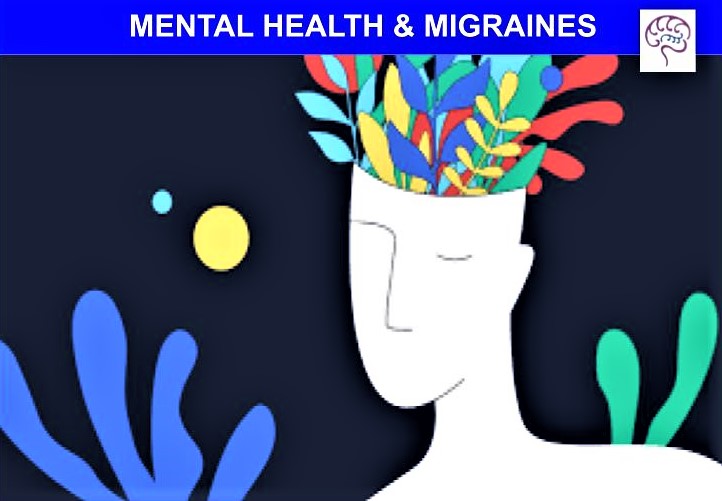
Migraines are a significant burden to those who have them, affecting their mood and motivation. But it goes beyond that. People who suffer from migraines are more likely to have anxiety andB depression and there is even some evidence that it may be more common in people with bipolar disorder.
The science behind this is that serotonin which is implicated in anxiety and depression also believed to activate nerve endings associated with migraine. Additionally, there is a strong hormonal link between migraines, depression, and the female sex hormone estrogen. Some studies show that a decrease in estrogen in the body may lead to migraine.
Several oral medications that are typically prescribed to treat migraines are also effective in treating depression and bipolar disorder.
Additionally, therapeutic counseling may help you manage your migraines. CBT, also known as cognitive behavioral therapy, has been found to help decrease the frequency of migraines and headaches.
For more information about migraines and mental health, speak to your healthcare provider. To book an appointment with our psychiatric NP Roxanne Singer Gheorghiu contact our office.
Brooke Steiger, NP
